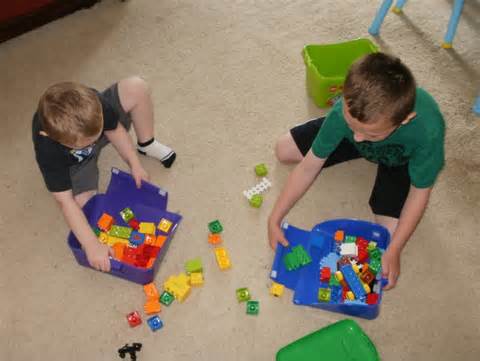3 Ways to support true independence in your child
1. Encourage their dependence early on. While this may seem counter intuitive, it is the paradox of parenting. We are born extremely dependent on our caregivers to take care of us and fill our needs. The fact is that caregivers who habitually respond to the needs of the baby before the baby gets distressed, preventing crying, are more likely to have children who are independent than the opposite (e.g., Stein & Newcomb, 1994).
Once we have allowed them to depend on us in every way, and filled their cup over and over and over, they will very naturally start to want to do things on their own. “Me do it myself!” is inevitable and it is nature’s way. It’s built into our biology. But first they must be able to rest in our love, rest in being taken fully taken care of.
2. Trust them: We need to trust our children in their entirety. Trust that they will find their way given the right conditions. When we grow lettuce in our garden from seed, we trust that if we give it the proper soil conditions, the right placement of sun, enough water and love, it will grow into its fullness. We need to learn to trust their failures and successes, their weaknesses and their strengths, their “ugly” emotions and their beautiful ones. We trust they will find their way through it all with support and guidance from us. We can’t “teach” independence, only provide the proper conditions for it to unfold at the right time developmentally.
3. Know when to back off: It is our job to keep our children safe and protected, but as your child gets older we can invite healthy risk taking. Maybe you refrain from swooping in every time they hurt themselves. Hang back a bit and wait. They might get up on their own and brush themselves off. When we rescue too quickly we deny them the opportunity to see if they can navigate a situation that has some challenge. Let them take risks, how else do they learn what they are capable of, and what the edges are for them? When they do something risky like climb a tree for the first time without us hovering; "I just did that all by myself!", it builds a sense of confidence and healthy esteem.
When we can do our best to meet their needs, we create an environment of dependence. This creates a feeling of safety, trust and security. This is the secure base from which dependence is outgrown. We need to trust our children and nature's plan. They are developmentally hardwired to naturally move into independence in their own time, in their own way.






